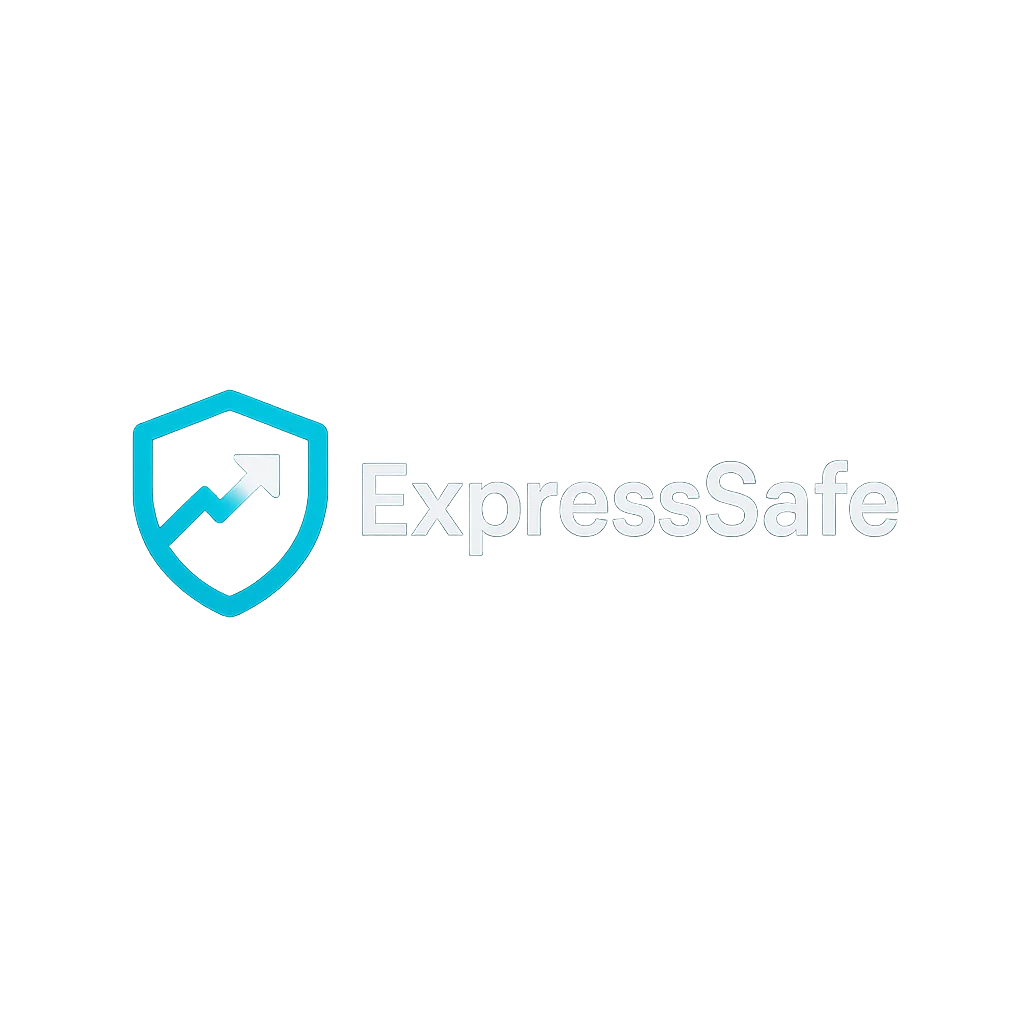Credit, Debt & Loans in 2025: Smarter Borrowing, Higher Scores, and Financial Freedom
In today’s fast-evolving financial landscape, understanding how to manage credit, eliminate debt, and use loans wisely is essential for achieving true financial freedom. In 2025, the tools available to consumers are smarter, faster, and more data-driven than ever before. This guide explores how you can optimize your credit score, choose the best loan options, and use debt strategically to build long-term wealth.
1. Understanding Credit in 2025
Your credit score is still one of the most critical factors in determining your financial eligibility. However, in 2025, credit scoring models have evolved to become more inclusive and accurate.
What affects your score today?
- Payment history (35%)
- Credit utilization (30%)
- Length of credit history (15%)
- Credit mix (10%)
- New credit inquiries (10%)
New elements added in 2025:
- Rent and subscription payment data
- AI-based behavioral scoring
- Alternative data (utility bills, fintech usage)
2. How to Improve Your Credit Score
Good credit opens doors to lower interest rates, higher credit limits, and financial freedom. Follow these tips to boost your score in 2025:
- Set automatic payments for all bills
- Use less than 30% of your credit limit
- Use tools like Experian Boost to add positive payment history
- Dispute errors regularly on credit reports
- Keep old accounts open to lengthen credit history
3. Smart Borrowing: Choosing the Right Loan
Loans are not inherently bad. When used strategically, they can fund growth, assets, or important needs. Here are the major types of loans in 2025 and how to use them wisely:
| Loan Type | Typical Use | APR Range (2025) | Smart Tip |
|---|---|---|---|
| Personal Loan | Debt consolidation, emergency expenses | 4.5% – 15% | Compare AI-powered lenders for lowest rate |
| Auto Loan | New or used car purchase | 2.9% – 9% | Shorter terms = lower total interest |
| Mortgage | Home buying or refinancing | 3.25% – 7% | Fixed-rate loans are safer in volatile markets |
| Student Loan | Tuition, books, living costs | 0% (subsidized) – 7% | Refinance if your income increases |
| Buy Now, Pay Later (BNPL) | Online purchases | 0% – 30% | Use only when sure you can repay |
4. Credit Cards: Powerful Tool or Dangerous Trap?
In 2025, credit cards come with smart spending alerts, cashback options, and crypto integration. But misusing them can still lead to unmanageable debt.
Top credit card tips:
- Pay balance in full monthly
- Choose cards with useful rewards (cashback, travel, crypto)
- Never use a credit card for things you can’t afford
5. Managing and Eliminating Debt
Debt can be a useful financial tool when controlled—but when it’s not, it becomes a burden. Here’s how to manage and eliminate debt in 2025:
Top strategies:
- Debt Avalanche: Pay off highest-interest debt first
- Debt Snowball: Pay off smallest debts first for motivation
- Balance Transfers: Use 0% APR offers strategically
- Debt Consolidation: Combine multiple debts into one loan with lower rates
6. Avoiding Common Credit and Loan Mistakes
Even in 2025, many consumers fall into the same traps. Stay ahead by avoiding these errors:
- Opening too many new accounts at once
- Making only minimum credit card payments
- Not reading loan agreements carefully
- Using payday or title loans (avoid these at all costs)
7. Future of Lending: AI, Automation, and Blockchain
The future of lending is digital and instant. Lenders now use AI to analyze your spending habits, fintech data, and even your career trajectory.
- AI Underwriting: Faster approvals, personalized rates
- DeFi Loans: Blockchain-based loans with smart contracts
- Open Banking: Lets lenders view real-time financial data (with your permission)
Conclusion: Take Control of Your Financial Future
Managing credit, debt, and loans in 2025 requires a proactive mindset and smart tools. By maintaining a healthy credit score, borrowing wisely, and staying debt-free, you can unlock financial opportunities and enjoy long-term stability. With so many advanced tools now at your disposal, the path to financial freedom is more accessible than ever.

Leave a comment